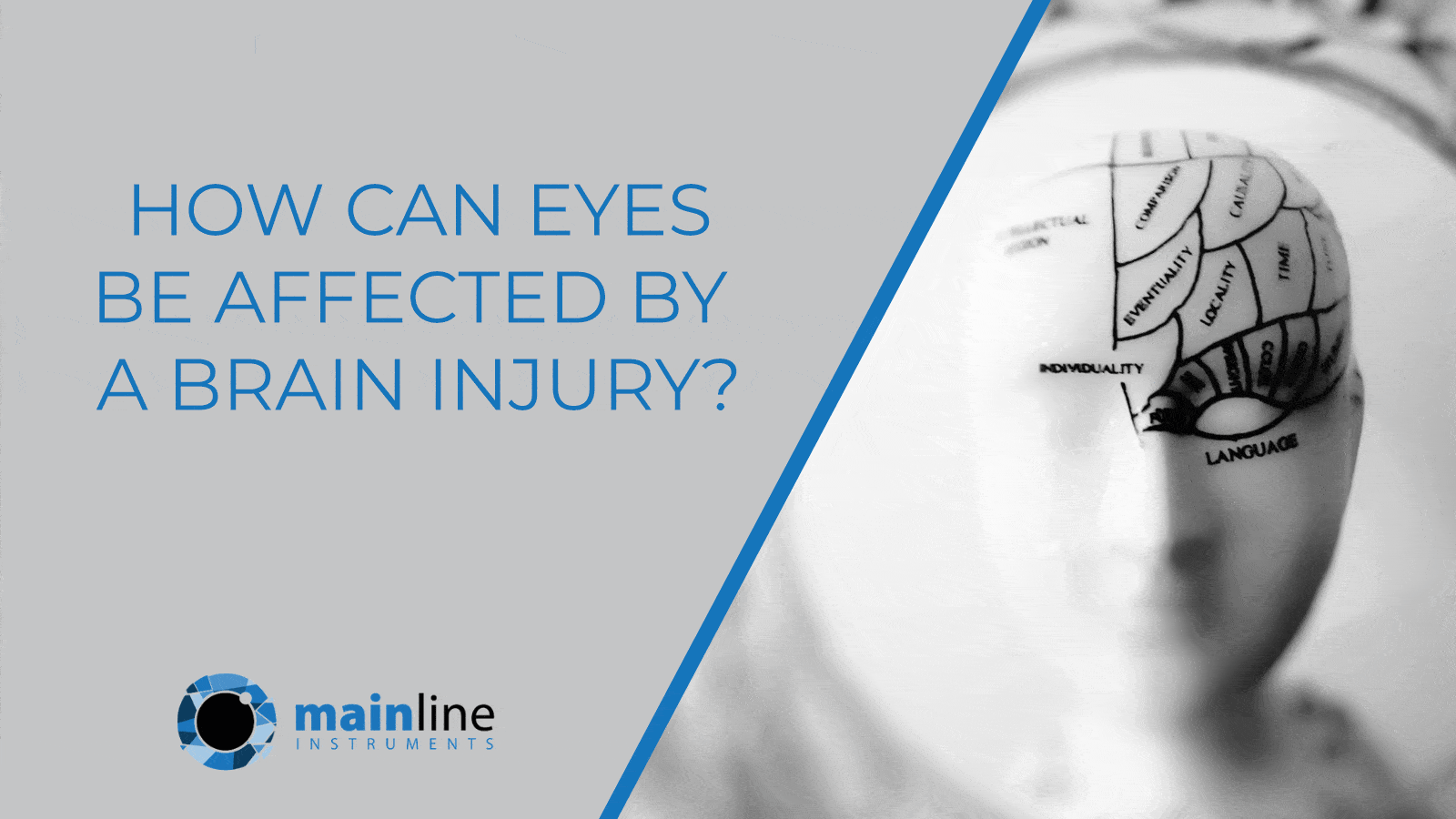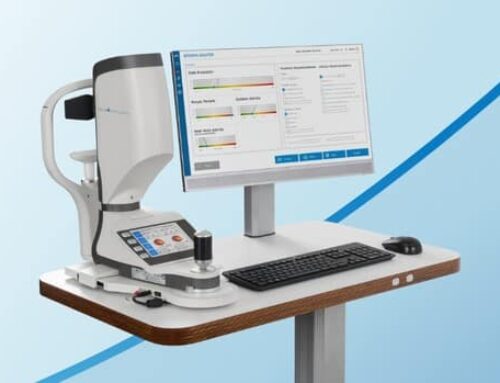Eye and vision problems can be a fairly common occurrence after a head or brain injury. Some vision problems can be due to trauma to the eye, but many other vision problems are actually caused by an injury to the brain.
Even mild head injuries, such as whiplash from a car incident, can cause vision problems. Examples of this could be having trouble focusing the eyes when switching gaze between near and far objects, or seeing double. After relatively minor trauma, people can also experience headaches or sensitivity to light, or words on a page may appear to move[1].
More serious vision problems can also result from a blow to the head or other brain injury. These can include:
- Retinal detachment – The retina is a thin layer of tissue lining the inside of the back of the eye. Its role is to help turn the images entering the eye into signals that go to the brain through the optic nerve. In a retinal detachment, the retina comes loose — an issue that can potentially cause permanent blindness.
- Vitreous haemorrhage – Light entering the pupil passes through the vitreous before striking the retina. Head injuries can cause blood vessels in the eye to bleed into the vitreous.
- Optic nerve damage – Head injuries also have the potential to cause increased pressure within the skull. This in turn puts pressure on the optic nerves, which carry messages from the eyes to the brain. This pressure can damage the optic nerves, cutting off blood circulation. The damage to the nerves can be severe and cause vision loss severe enough to lead to complete blindness.
If you’ve suffered any kind of injury to the head that has resulted in changes in vision, getting prompt treatment is critical, especially neuro-ophthalmology based diagnosis and treatment.
Retinal photography (and anterior segment photography) using handheld fundus cameras improves bedside documentation of retinal haemorrhages and brain injuries to give a quick and easy diagnosis, leading to quicker treatment, which could be essential in saving sight.
The Optomed Aurora handheld camera produces high-quality photographic images, giving instant documentation of retinal pathological features in any setting. It is portable and can be used while a patient is lying down, giving extra comfort to the patient and allowing doctors to get a reading more easily.
Read more about the Optomed Aurora here.
References
[1] https://www.everydayhealth.com/vision-center/head-injuries.aspx







